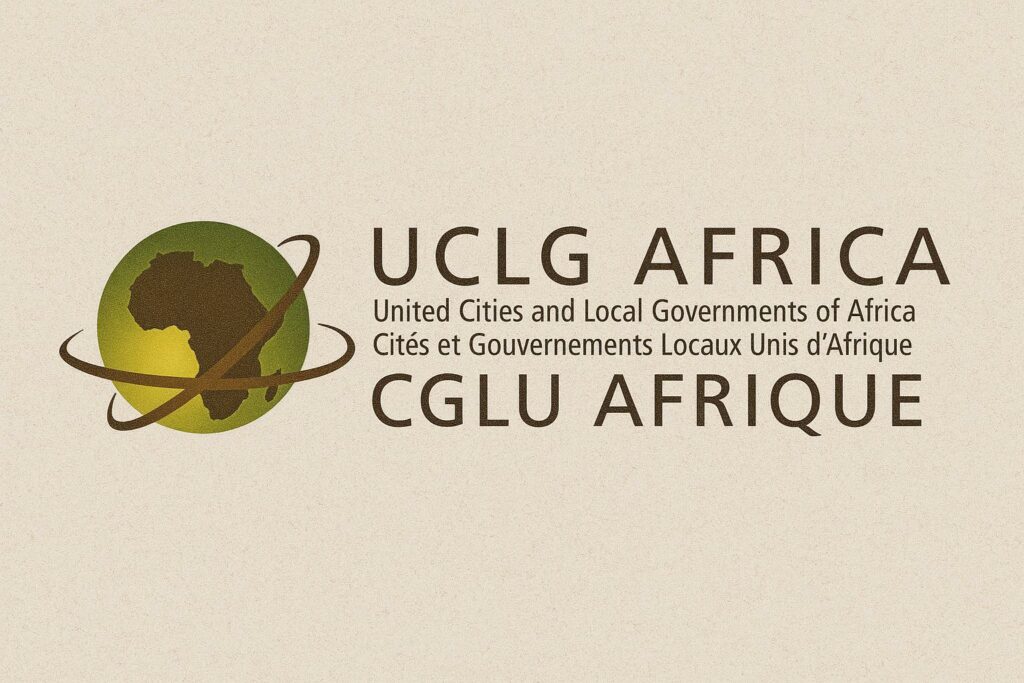Nouakchott hosts CGLU Africa against backdrop of rapid urbanisation
Mauritania’s windswept capital is more often associated with desert trade routes than with continental diplomacy, yet on 27–28 June it becomes the fulcrum of Africa’s municipal conversation. The 33rd Executive Committee of United Cities and Local Governments of Africa (CGLU Africa) gathers representatives from all five sub-regions to examine the organisation’s trajectory at a time when the United Nations projects that 950 million Africans will inhabit urban spaces by 2050 (UN-Habitat 2023). Hosting the meeting allows Nouakchott’s regional president Fatimetou Abdel Malick not merely to chair the agenda but to underscore how secondary cities are wresting influence from traditional metropolitan heavyweights.
Created two decades ago as the continental branch of the global UCLG network, CGLU Africa has become the standard interlocutor between municipal authorities and continental bodies such as the African Union. Its ability to convene 18 executive members—fifteen elected and three ex officio—confers a rare legitimacy in a governance landscape often fragmented by overlapping associations. Peter Anyang Nyong’o of Kisumu, Adrien Nguema Mba of Libreville and counterparts from North, West, Central, East and Southern Africa will use the Nouakchott session to reconcile local concerns with pan-African ambitions.
Financial scrutiny signals maturing governance culture
The first order of business, the endorsement of the 2023 and 2024 accounts, may appear procedural, yet it illustrates a subtle cultural shift. Donors such as the World Bank and the European Union increasingly tether funding to demonstrable fiscal discipline; failure to clear the audit hurdle would reverberate well beyond Nouakchott. According to a senior official interviewed in Rabat, “municipal credibility is now indexed to the same transparency benchmarks applied to sovereign borrowers.” That claim is borne out by the African Development Bank’s recent decision to route several climate-adaptation grants through city networks rather than national treasuries (AfDB 2024).
By publicly debating its financial statements, CGLU Africa reinforces a narrative of accountability that national governments have not always embraced. For emerging urban centres struggling with narrow tax bases, the symbolism matters: if the continental body itself can withstand external scrutiny, member cities may feel compelled to replicate that standard domestically.
Institutional reform seeks agility amid geopolitical shifts
Beyond ledgers, delegates will dissect a delicate restructuring plan designed to streamline the Secretariat, clarify regional offices’ mandates and upgrade digital coordination. The plan responds to critiques voiced during the Tangier Summit in 2022, where observers argued that expansive bureaucracy risked blunting CGLU Africa’s advocacy potency (International Crisis Group 2023).
Reform discussions occur while foreign actors—from Gulf sovereign funds to Chinese provincial governments—court African municipalities as direct partners. A leaner, faster CGLU Africa intends to equip members with the protocols needed to negotiate infrastructure deals without ceding regulatory sovereignty. In the words of a Nairobi-based urban economist, the goal is to be “fleet enough to say yes to opportunities yet firm enough to guard the commons.”
Gender, youth and regions drive multidimensional diplomacy
Three thematic networks—REFELA for women, YELO for youth and FORAF for regions—will table position papers that could subtly recalibrate intra-organisation power dynamics. REFELA advocates mandatory gender-responsive budgeting, noting that only 20 percent of African mayors are women (UN Women 2023). YELO, energised by the continent’s median age of nineteen, presses for digital-skills funding and a quota of seats on future CGLU Africa boards. FORAF, meanwhile, champions cross-border cooperation on pastoral corridors threatened by climate variability.
By embedding these caucuses within its statutory architecture, CGLU Africa mirrors the African Union’s own evolving emphasis on inclusion. The arrangement also supplies a diplomatic training ground: today’s youth delegate may become tomorrow’s cabinet minister, carrying municipal priorities into national foreign policy.
Synergy with Agenda 2063 and SDGs frames strategic outreach
CGLU Africa’s reform blueprint is calibrated against two lodestars: the African Union’s Agenda 2063 and the United Nations Sustainable Development Goals. Alignment is not rhetorical; several AU commissioners have hinted that future disbursement under the African Urban Agenda will privilege municipalities able to evidence SDG tracking mechanisms (African Union Commission 2023).
Consequently, Nouakchott’s discussions will parse how to harmonise local data systems so that progress on, say, SDG 11—sustainable cities—feeds seamlessly into continental dashboards. For cash-strapped councils, such harmonisation is as much about unlocking climate finance as about statistical elegance.
Mauritania leverages soft power as local diplomacy rises
Nouakchott’s selection is not accidental. Mauritania has quietly invested in coastal defences, solar farms and a new conference centre precisely to position itself as a bridge between Sahelian fragility and Atlantic opportunity. By hosting municipal leaders rather than heads of state, it showcases a softer brand of diplomacy that sidesteps the polarisation afflicting regional security forums.
The calculus is discernible: should the session conclude with a credible reform roadmap and a clean audit, Nouakchott will have burnished its reputation as a pragmatic mediator in Africa’s urban future. In an era when cities generate over 60 percent of the continent’s GDP (World Bank 2024), that is no negligible dividend.

